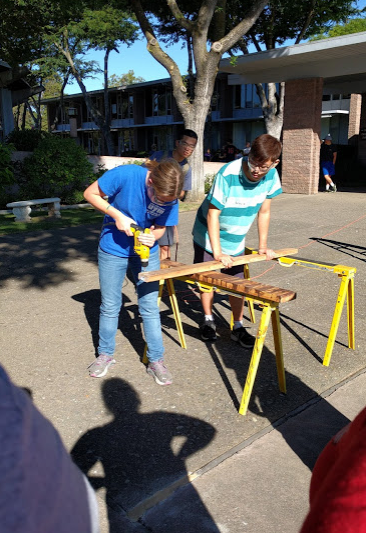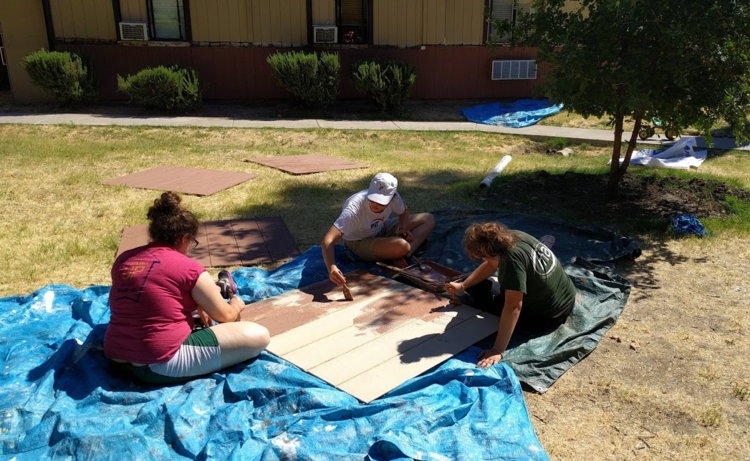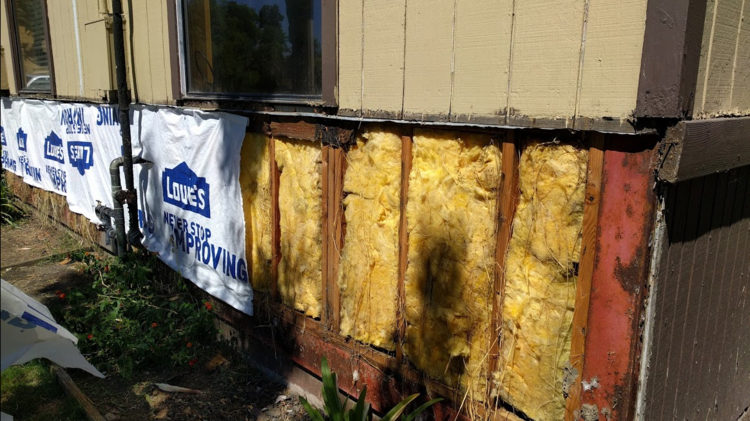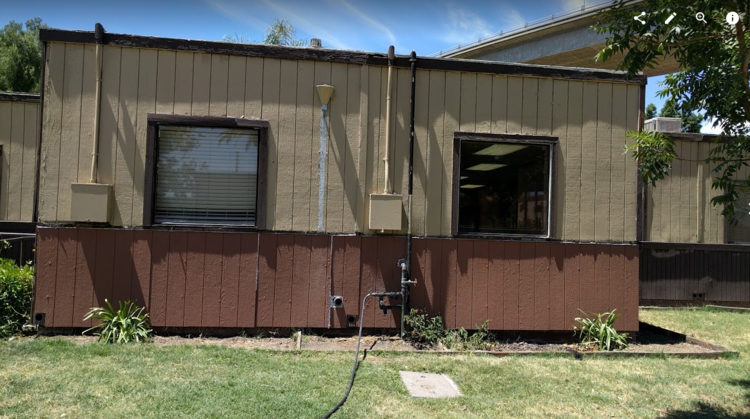Work ≠ A Paid Job
“Have you started working again?” A friend of mine asked me this question recently. When I answered, “I am working. I'm just not getting paid for the work I'm doing,” He said, “okay, so you haven't started working yet.” My friend may have said that jokingly, but his comment unconsciously devalues the volunteer work that I've been immersed in over the past couple of years implying that a paying job is more important in society.
According to a 2017 poll conducted by Gallup, only 15% of people worldwide enjoy what they do. Since that’s the case, I make a conscious effort to avoid this question when I meet people. Asking what one does gives me entirely no insight into a person’s character. Instead, I ask about their interests, their favorite places to travel to, whether they have a pet, where they’re from, and so on.
When I google the definition of work, this is the result I get:
Only one of the definitions states that work is an activity “as a means of earning income.”
When I meet people, I’ve noticed that they quickly ask the question, “what do you do for work?”
I’ll say, “I’m a volunteer who supports immigrants and other communities society bullies, and I dabble in some writing.” I also add that I spent ten years in the tech industry working for Google to justify the riskier and unstable route I decided to pursue. I feel compelled to share this because I want people to know that my decision was a conscious and thoughtful one.
Why does everything seem to depend on people’s job titles?
Last year, my friend invited me to an event at the NASDAQ Entrepreneurial Center, an organization he supports. When I tried to RSVP online, I couldn’t sign up without entering my occupation. Since I’m in a period of transition and exploring freelance writing, I filled out “self-employed” in the field thinking it was only for data collection purposes. When I received my name tag at check-in, I saw “self-employed” included in large font under my name, and I felt a pit in my stomach. I took a deep breath, reminded myself that it helps me grow when I put myself in uncomfortable situations and marched into the event.
I first wore my name tag so everyone could read it. When my friend introduced me to someone high up at the center (I didn’t care to remember his title), he immediately glanced at my name tag before looking into my eyes. When he saw that I wasn’t anyone notable, he shook my hand half-halfheartedly, gave a breezy hello, and proceeded to chat with someone more important a couple of feet behind me. I bet the people passing around the hors d'oeuvres received more notice than I did.
I knew that whoever I met that evening would immediately assume things about me because of the “self-employed” label that might as well have been stamped on my forehead.
After that cool reception, I decided to conduct an experiment. I flipped my name tag around to see how many people would try to sneak a glance at my name tag. About 99% of the people I met did. I met a friendly guy named Jason* who recently moved from New York to work for a start-up. When he asked me what I did, I gave him my few lines about social impact work locally and abroad, and he asked me more about my experiences traveling.
Later I met Peter, a finance type (I don’t remember what he did), who also had to take the time to ask me about my work. I told him about the nonprofits I work with, and he was interested in learning more about supporting one of them. Sure, Jason and Peter may have immediately searched for my title, but when they decided to chat with me to learn more about the things I do, they didn’t try to run off to meet someone else they thought more worthwhile.
While I learned many great skills at Google, I’ve learned so much more and met so many different types of people in the previous two and a half years than my last five years at the company.
I found my voice, I’ve met and befriended people from a variety of ethnic, socioeconomic, and generational backgrounds, and gained the courage to speak up against things that I believe are wrong. I also learned, and I continue to learn leadership and negotiation skills. My experiences these past 28 months (and counting) taught me about resilience.
When I think back to the exchange with my friend, I wish I told him that my current “work days” are longer and busier than when I was employed. Some of the activities I’m most proud of have included: volunteering locally and abroad; developing and leading a training for Cambodian college students; supporting and leading several organizations through their transitions; organizing educational panels on topics related of refugees and immigration; and drafting a motion, which my church eventually passed to formally declare itself a sanctuary church.
We should value everyone’s roles in the community, and no one should be considered “less than,” just because they don’t have a VP title, earn at least six-figure salary, or sold their tenth start-up. Those are notable achievements for some, but I don’t find them any more important than supporting communities oppressed by governments, giving courage to the hopeless, and supporting future generations who, based on their families’ socioeconomic status, have access to fewer quality resources.
On a flight home from a recent vacation, I remembered to avoid the “what do you do” question and ask my seatmate more interesting questions. It turned out that he was once kidnapped in Nigeria. His kidnappers only took his money and, after some negotiation, they let him keep his camera because he explained that it was a precious gift from his girlfriend. I wouldn’t have heard this incredible story had I not asked him about where he’s traveled to that he found the most exciting.
*Names in this essay have been changed for privacy purposes.






